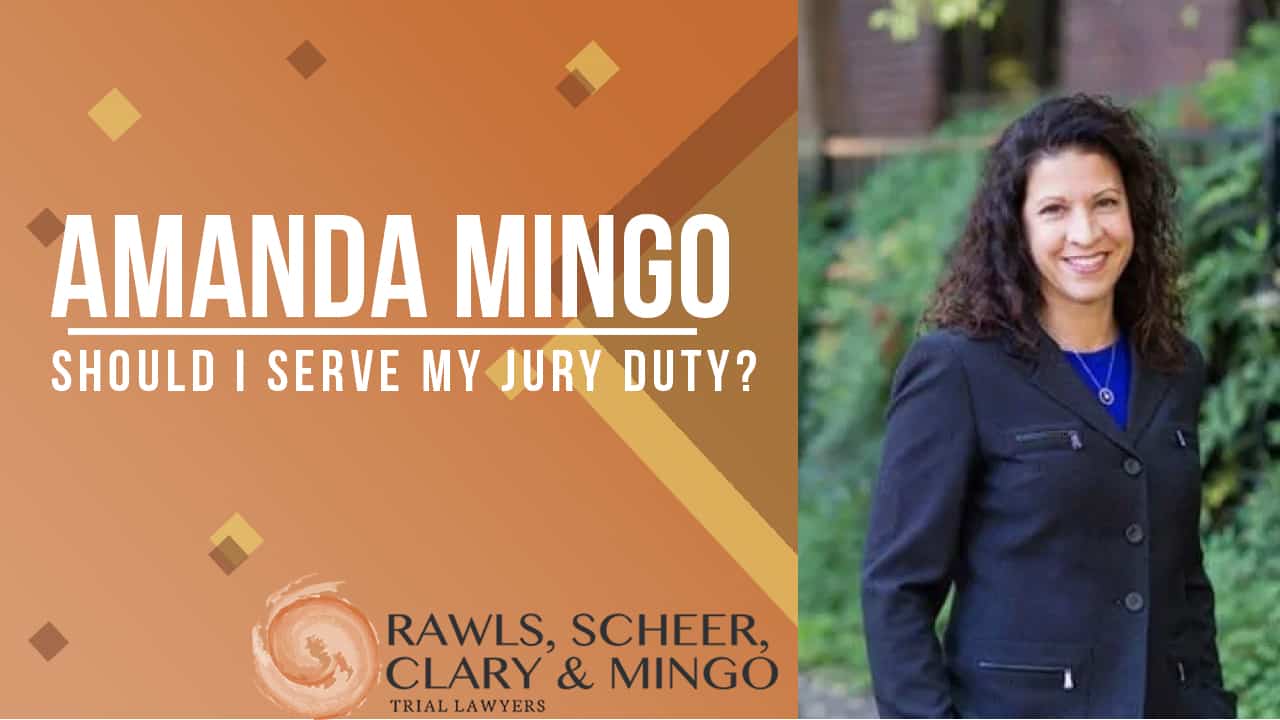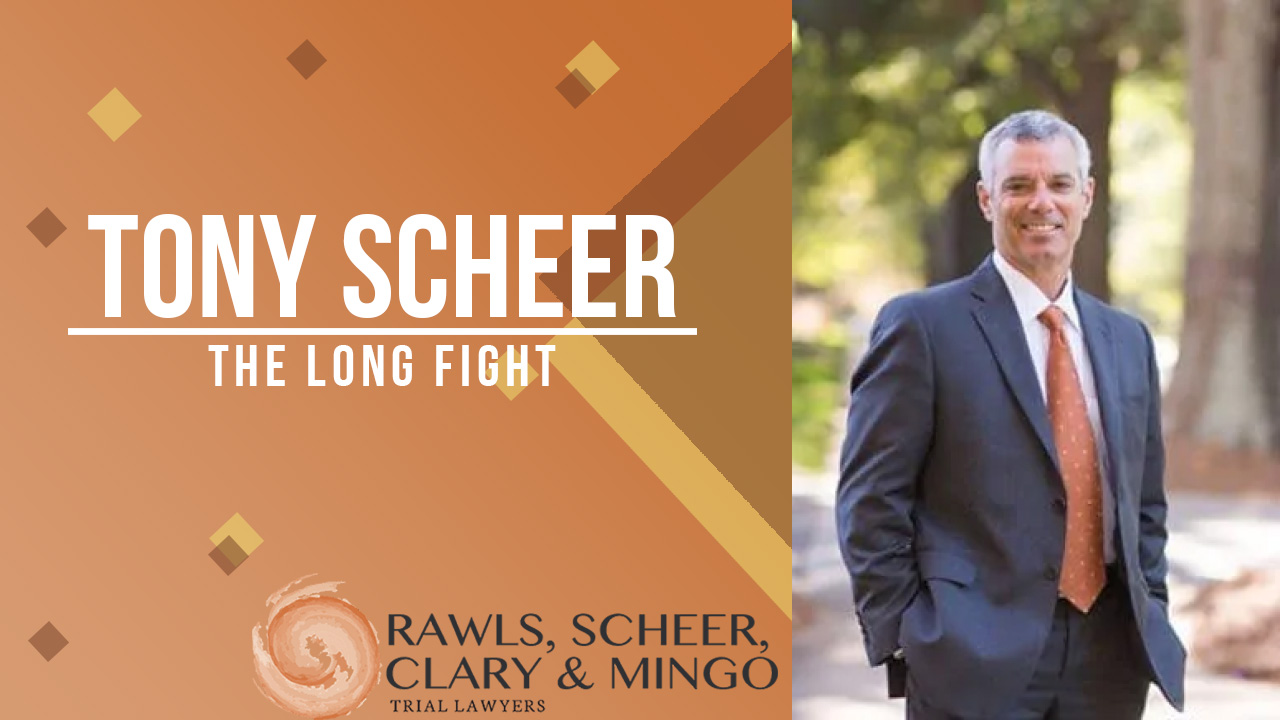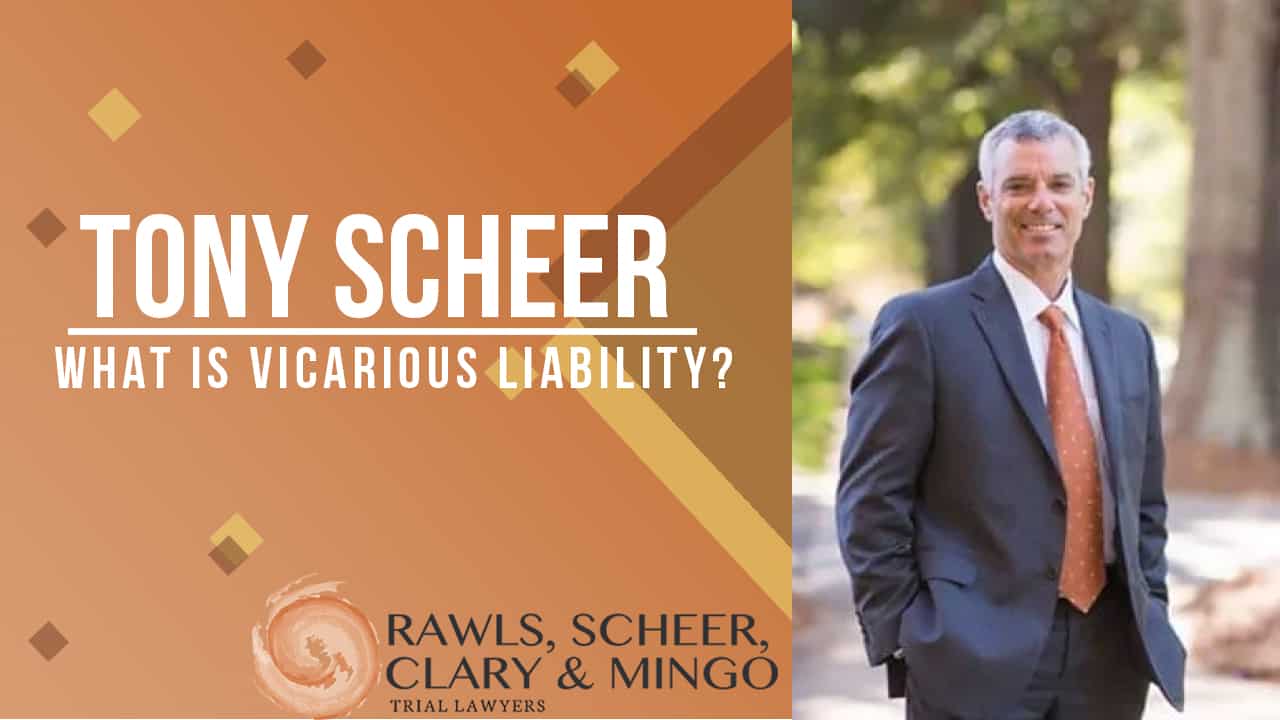A grieving North Carolina mother who recently had her personal injury case denied by several firms due to contributory negligence, is hoping her Change.org petition will rewrite the law that has forced numerous injury claims to get denied – claims that had substantial merit.
Unlike states that adopt the doctrine of contributory negligence, which allows plaintiffs to receive compensation commensurate with their liability in accidents, North Carolina personal injury laws are stiffer. As Mignon Elkes quickly discovered, her daughter’s partial fault turned into a no-win situation, even though evidence supported willful negligence on the driver’s behalf. She was wearing all black and walking with her back toward traffic late at night.
As potential clients of ours see stories like this, we would like to clear the air regarding how contributory negligence plays into personal injury matters, and what steps can be taken if you are facing an uphill battle proving no negligence occurred from your end.
Theories of Negligence
Experienced personal injury attorneys never stop looking for ways to emerge victorious for clients who deserve justice. That is just their pedigree. With that said, and based on evidence collected surrounding a defendant’s injury claim, negligence can exist in one or several ways:
- Contributorily: Negligence that is even 1% the defendant’s is adjudicated as contributory in nature, meaning although someone else caused an injury, the defendant had some control over the creation of the scenario that caused said injury. These cases can be defeated, which we will explain shortly.
- Willfully: This means someone else was responsible for the care and safety of the defendant, and recklessly abused that responsibility.
- Comparably: Although not practiced in North Carolina, comparable negligence means the defendant, regardless if partially responsible, is owed monies based on their role in their own personal injury. Juries may award 1%, up to 99%, of a total dollar amount and give that to defendant based on how faultful they believe the defendant was.
One well-documented method of defeating contributory negligence cases in North Carolina is by a seldom-used ‘last clear chance doctrine’ defense. When an attorney raises this defense during arguments, enough information exists that puts the client in a position of peril, with no chance of avoiding an accident, while the defendant fails to do his or her part in avoiding the creation of an accident or injury.
Various levels of negligence and varying scenarios will dictate how an attorney can help recover compensation for his or her clients.
Suggested Courses of Action if Personally Injured
How victims of personal injury react after their respective incidents are important to how effectively an attorney can defend their cases. For example, an individual who absconds after an auto accident is less likely to win an injury claim than someone who helped others from their wrecked vehicles in spite of his or her own battered condition.
To win cases in which contributory negligence defenses may be used, plaintiffs should always:
- Preserve evidence in whatever manner seems ethical;
- Get witness contact information;
- Be prepared to prove their lives were in peril, or accident avoidance was impossible;
- Speak nothing of their case to anyone without an attorney’s consent or blessing. You would be surprised what can (and will) be used against you.
Follow all laws, and the law will work for you.
Call a North Carolina Personal Injury Attorney Today
Retaining the efficient legal representation of Rawls, Scheer, Clary, & Mingo means personally injured persons in Charlotte, across North Carolina and throughout America receive zealous representation. As legal advocates with proven trial experience, we have never needed to chase ambulances to win cases for deserving clients.
Our goal is simple: establish an unbreakable attorney-client bond.
Contributory negligence is one of North Carolina’s most contentious laws, as we discovered earlier with Mignon Elkes. If you feel that an at-fault party may raise this argument in court, but have information contradicting that claim, call our firm immediately.
See other related blogs:
Getting legal help for personal injuries in Charlotte
Car Accident: What To Do Immediately After



